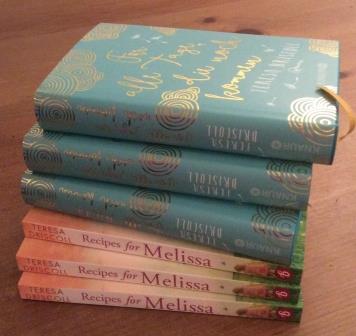 As a journalist, I'm very used to editing. “Er. We absolutely love this, Teresa – but I’m just wondering if we could turn it into a two- page feature instead of a page lead? ” Going back to the drawing board – to lengthen, cut or general chop a piece of writing about is par for the course in newspapers. Sometimes it can trigger a sinking heart (or secret swearing/ bashing of head against wall). And sometimes you may stand your ground if the suggestion is completely unreasonable. But mostly you accept this is par for the course, do the cursing under your breath ….and off you jolly well trot. The mantra is to be professional. Re-writing is part of the job. And so it is that I have learned over the years to approach editing fiction in a similar fashion – ie professionally with one subtle difference. I take a lot of walks. Can’t imagine that working in the newsroom, myself. “Er – sure. Happy to make the changes, Mr News Editor, but can I just take a stroll to think them through?” Editing news, being centred on facts is, in fairness, pretty straight forward – and always up against a deadline. To rewrite – you simply re-jig the facts already at your disposal or get some more. You add or subtract or change the tone. And FAST. But editing fiction (the product of your own airy fairy fantasies) is inevitably a different beast altogether demanding more thinking time and a different process ( hence the long walks). And what I have learned above all else is to ignore the initial stage of panic when I am thinking *heartbeat accelerates* …..I can’t do that! For anyone unfamiliar with the editing process in fiction, it goes something like this. Your agent or editor will tell you all the things they really, really love about your MS and then just when your chest is all plumped and proud, they will ever so cleverly tell you very subtly and professionally what they think needs, ahem, changing. This is not because they do not love you….but because they do. They want to make your writing even stronger and more saleable. Do we really need this strand? Could we have a bit more of this character, do you think? A little less of so and so? Subtle but clever little pointers. The problem, of course, is that you the author must now decide what advice to accept …and how to pull it off. No one is going to do the actual re-writing for you. Editing means giving feedback and pointers. Writers do the re-writing. For my current MS, I was lucky to have fairly limited requests for change. Thankfully I very quickly realised that all of these editing “nudges” would make the novel stronger. I felt blessed and lucky to have my lovely agent and her team on my side. There was just one niggle. I was asked to take out a strand which I had used as a device to delay a reveal in the narrative. It created a problem I needed to work through before I convinced myself the strand could go. Cue….a lot of long walks. Top editing tip? Ignore that first panic, panic, panic….and just walk and think. It not only works but is good for the BMI. The update is I have just heard from my agent that she loves the revision ( yup; I DID take the strand out) and we are very nearly ready to submit the novel to UK publishers. Crikey! Just a few more weeks and my baby goes out into the world! Imagine that. After all this work. Deep breath, Teresa. Deep breath. PS Picture is of Porthleven in Cornwall during recent holiday. Gorgeous place. Gorgeous people. And PERFECT for thinking, walking and editing. |
AuthorTeresa Driscoll - journalist, author, mother of two and lover of great coffee. CATEGORIEsArchives
February 2024
|
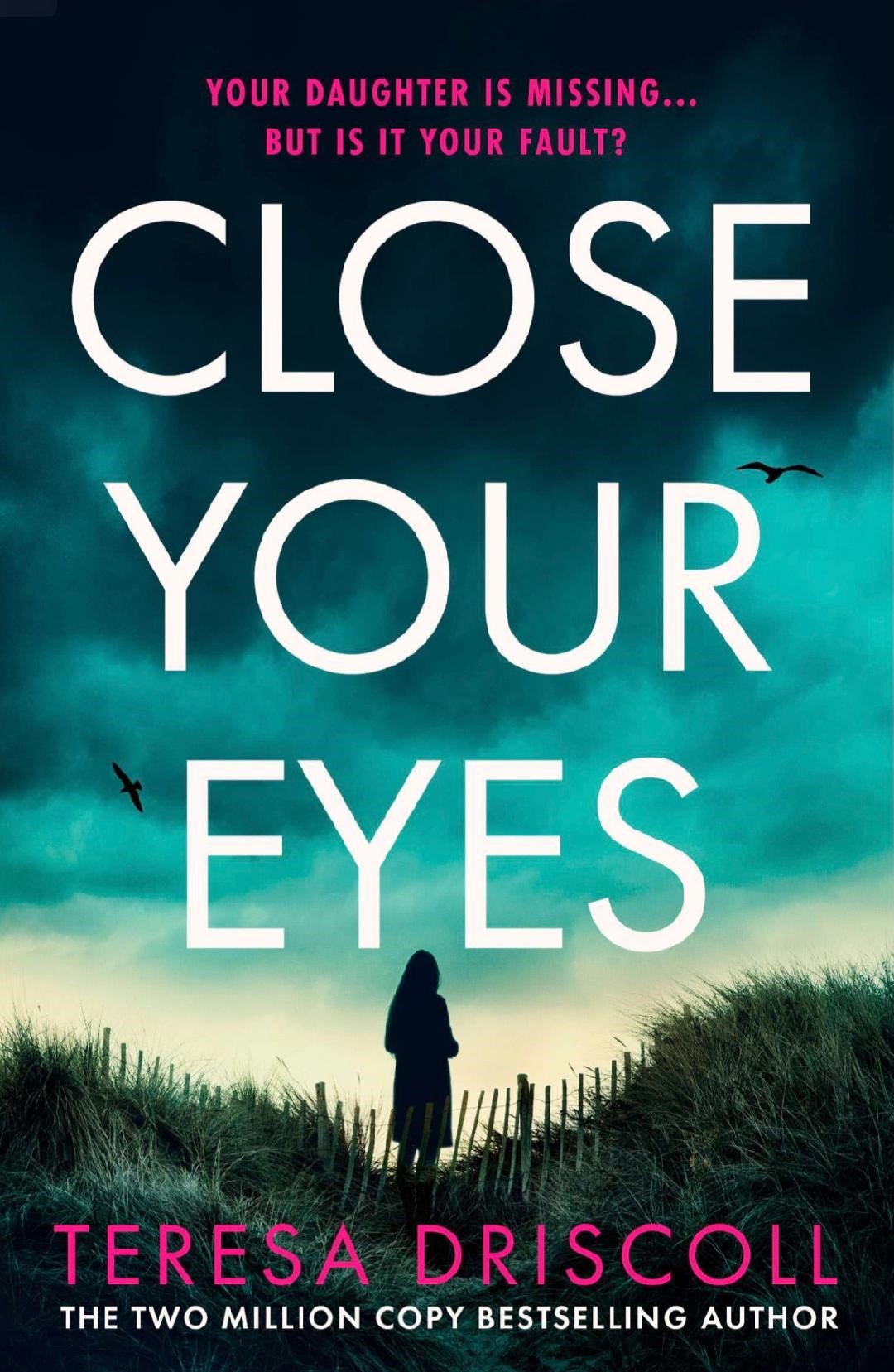
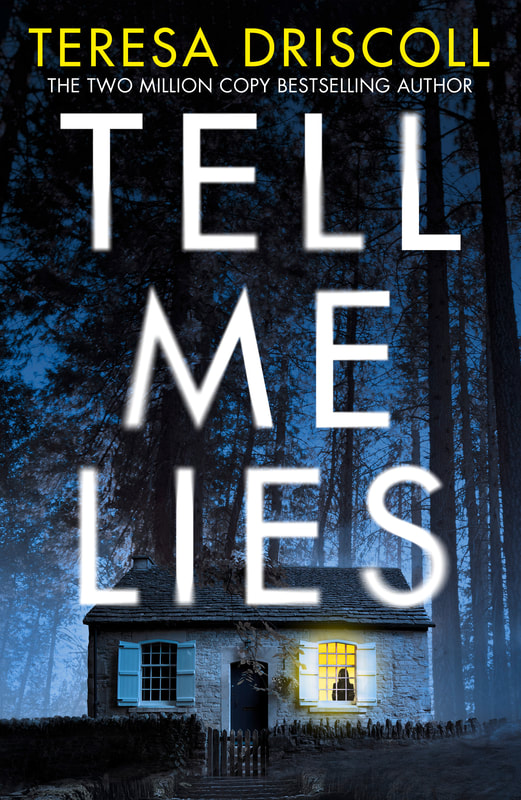

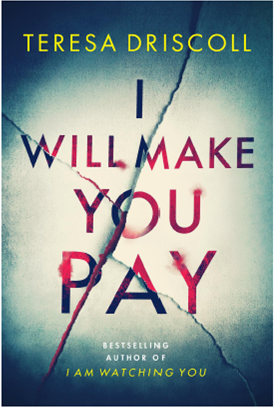
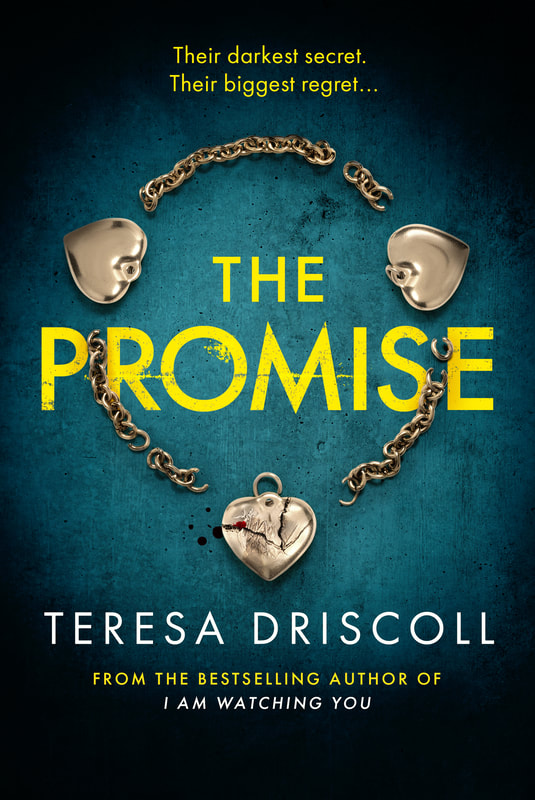
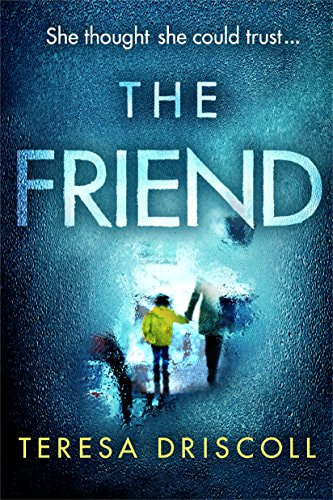
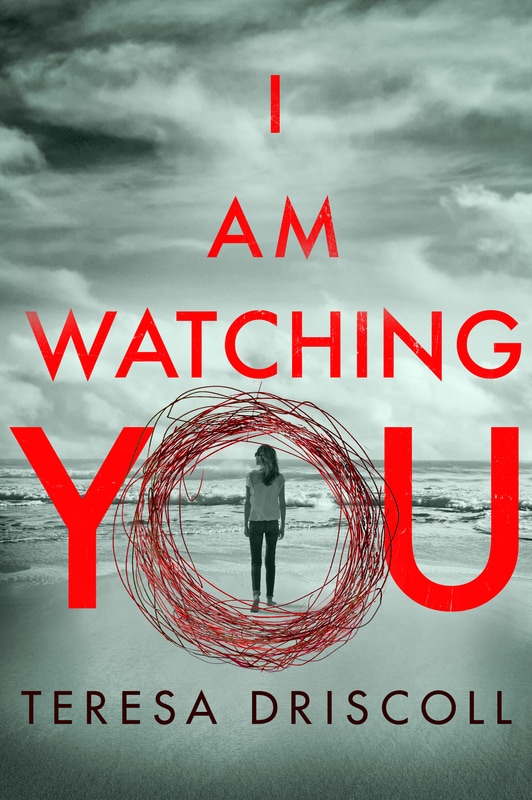
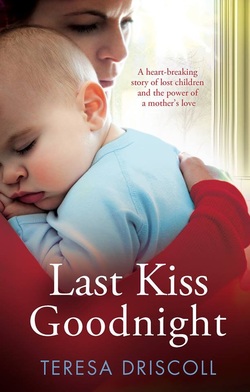



 RSS Feed
RSS Feed
